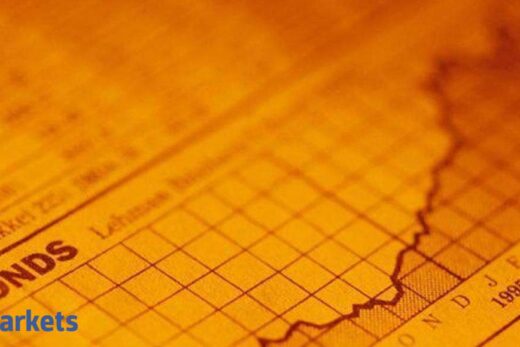In a bid to soothe traders fretting over surging inflation, central bank officials have for months pledged to maintain their ultra-loose monetary policy until the rebound was well on track. But last week it brought forward its forecasts for tightening.
The news was initially broadly taken in stride by investors as the Fed’s so-called “dot plot” outlook for rates suggested it would not begin hiking until 2023, and would discuss winding down its bond-buying programme later this year.
But investors were spooked by comments from St. Louis Federal Reserve President James Bullard that liftoff could come as soon as late 2022, adding that it made sense for officials to become “a little more hawkish” as inflation surges.
That sparked hefty losses on Wall Street, with the Dow and S&P 500 dropping more than one percent and the Nasdaq almost one percent.
And the selling continued in Asia, with Tokyo leading the way with a more than three percent fall, while Sydney shed more than two percent.
Hong Kong, Seoul, Taipei and Jakarta all lost more than one percent, with Singapore, Wellington and Manila also in the red. Shanghai was flat.
Still, observers said the losses were not a surprise, owing to the fact that many markets are at record or multi-year highs and investors were taking the opportunity to cash in profits.
“The shift toward tapering and a pull forward in first rate hikes may cause bouts of nervousness in markets with shares vulnerable to a decent correction,” said Shane Oliver of AMP Capital.
“But note that tapering is not monetary tightening (it’s just slower easing) and rate hikes are still a fair way off in most developed countries.”
And Kerry Craig of JP Morgan Asset Management added: “We believe that market jitters over the latest Federal Reserve meeting will pass, as inflation appears to be mostly transitory and the growth outlook continues to be positive.”
Others said the pullback would likely be seen as healthy because many stocks appeared to be somewhat overvalued.



